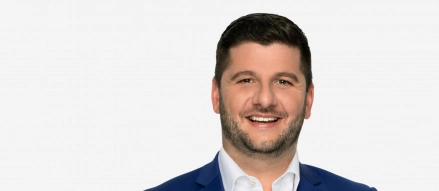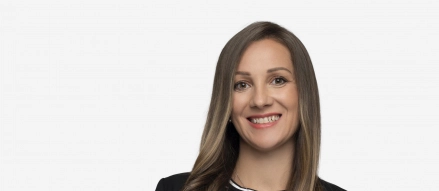
IRS guidance issued on deductions funded with PPP loans
Revenue Ruling 2020-27 provides taxpayers with two scenarios related to the timing of disallowance of the PPP related deductions.
- Scenario 1 involves a taxpayer who received a PPP loan during 2020 and incurred eligible expenses during the covered period. In November 2020, the taxpayer applied to the lender for forgiveness of the PPP loan and believes based on eligible expenses it paid during the covered period that it satisfied all requirements for complete loan forgiveness. The lender does not inform the taxpayer whether the loan will be forgiven before the end of 2020.
- Scenario 2 involves a taxpayer who similarly received a PPP loan during 2020 and incurred eligible expenses during the covered period. However, in scenario 2, the taxpayer does not apply for loan forgiveness before the end of 2020. Although, based on the payment of eligible expenses during the covered period, the taxpayer in scenario 2 expects to meet the requirements for loan forgiveness under the CARES Act, and expects to apply for loan forgiveness in 2021.
Under Revenue Ruling 2020-27, the taxpayers in both scenario 1 and 2 reasonably expect to receive full loan forgiveness under the provisions of the CARES Act. Based on the reasonable expectation of loan forgiveness, the IRS determined that a deduction for the eligible expenses in both scenarios would be disallowed in 2020.
A taxpayer that received a PPP loan and paid or incurred certain otherwise deductible expenses as provided for under the CARES Act may not deduct those expenses in the taxable year in which the expenses were paid or incurred if, at the end of such taxable year, the taxpayer reasonably expects to receive forgiveness of the PPP loan on the basis of the expenses it paid or accrued during the covered period, even if the taxpayer has not submitted an application for loan forgiveness of the PPP by the end of such taxable year.
Revenue Procedure 2020-51 provides a safe harbor allowing a taxpayer to claim a deduction in the taxpayer’s taxable year beginning or ending in 2020 for eligible expenses incurred in 2020 if the loan forgiveness is denied in part or whole in the following tax year, 2021. A taxpayer, as described below, may be able to deduct some or all of the eligible expenses on the taxpayer’s timely filed original income tax return for the 2020 taxable year, including extensions; an amended 2020 tax return; or a timely filed original income tax return for the subsequent tax year, including extensions.
A taxpayer meets the criteria for the safe harbor of this Revenue Procedure if:
- The taxpayer paid or incurred eligible expenses in the 2020 tax year for which no deduction is permitted because at the end of 2020 the taxpayer reasonably expects to receive forgiveness of the PPP loan based on the eligible expenses,
- The taxpayer submitted the PPP loan forgiveness application before the end of 2020 or as of the end of 2020 intends to submit the application in a subsequent taxable year, and
- In a subsequent taxable year, the lender notifies the taxpayer that forgiveness for all or part of the PPP loan is denied.
Alternatively, if the taxpayer meets criteria 1 and 2 above but then in a subsequent tax year irrevocably decides not to apply for forgiveness for some or all of the PPP loan, the taxpayer is eligible for the safe harbor to deduct some or all of the eligible expenses on their original 2020 tax return, amended 2020 tax return, or subsequent year’s tax return.
To apply for the safe harbor and claim the deductions, the taxpayer needs to attach a statement to the tax return in which the deductions are claimed. The statement must be titled “Revenue Procedure 2020-51 Statement” and include:
- The taxpayer’s name, address, social security number or employer identification number;
- The criteria under which the taxpayer is eligible for the safe harbor;
- The year in which the taxpayer will claim the deductions, either 2020 or the subsequent year.
- The amount and date of the PPP loan;
- The amount of PPP loan forgiveness denied or not sought after;
- The date which the PPP loan forgiveness was denied or not sought after, and
- The total amount of eligible expenses and non-deducted eligible expenses that are reported on the return
Mazars Insight
Based on the guidance of Revenue Ruling 2020-27, most taxpayers who expect to receive full forgiveness of the PPP will not be eligible to deduct the expenses related to the PPP forgiveness. These taxpayers should consider the impact of this on their 2020 taxable income and potentially make additional 4th quarter estimated tax payments.
Please contact your Mazars professional for additional information.
Published on November 19, 2020
The information provided here is for general guidance only, and does not constitute the provision of tax advice, accounting services, investment advice, legal advice, or professional consulting of any kind. The information provided herein should not be used as a substitute for consultation with professional tax, accounting, legal or other competent advisers.


